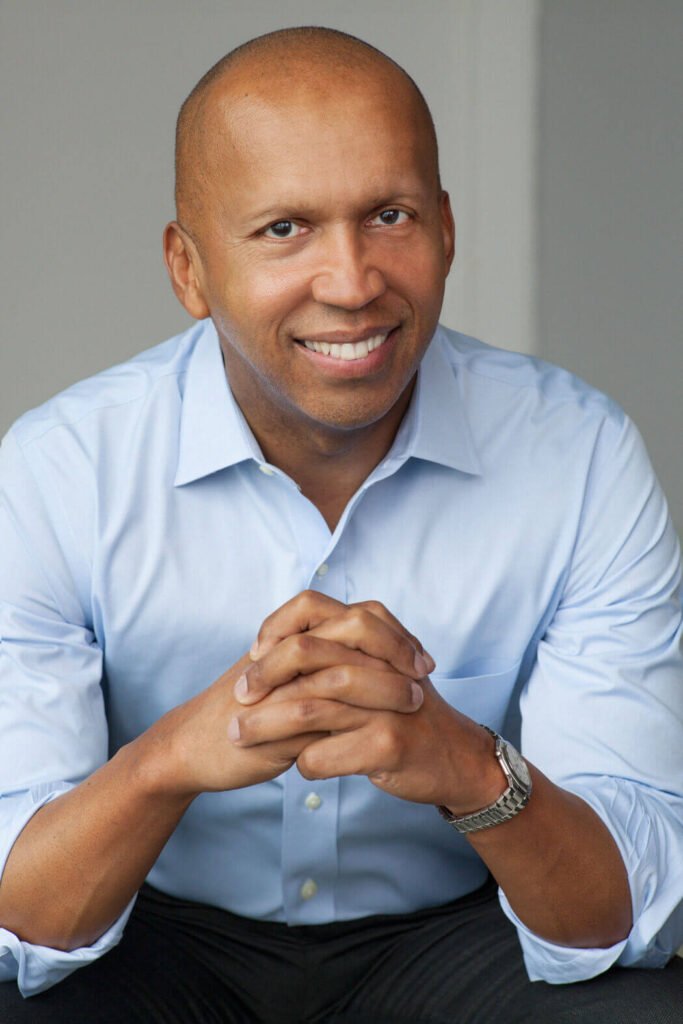
Annual Rev. Bernie Clark, C.S.C., Lecture
Previous Lectures
2023 | Colson Whitehead
“A Conversation with Colson Whitehead“
2022 | Clint Smith
“Race, Memory, and Public History”
2021 | David Silberklang, Ph.D.
“Responsible for Each Other: Mutual Assistance and Maintaining Human Dignity in the Holocaust”
2020 | Sr. Norma Pimentel, M.J.
Justice at the Border: The Dignity of Human Life at the Core of our Faith
2019 | Rev. Maurice Henry Sands
Act Justly: Healing Racism through Faith
2018 | Cardinal Joseph Tobin, C.Ss.R.
Reawakening the American Heart
2017 | Scott Alexander, Ph.D. and Imam Hassan Al-Qazwini
The Challenge of Peace Pursued through Christian-Muslim Dialogue
2016 | Sr. Carol Keehan, DC, RN, MS
Catholic Health Care’s Role in Integral Human Development
2015 | Christiana Peppard, Ph.D
Integral Ecology: Pope Francis, Ethical Pluralism, and the Planet
2014 | Rev. Greg Boyle, SJ
Joy and Hope in the Hood
2013 | Clemens Sedmak, Ph.D.
The Deep Practice of Human Dignity
2012 | Sr. Joan Chittister, O.S.B.
An Uncommon Search for the Common Good
2011 | Sr. Helen Prejean, C.S.J.
Building Justice in the World: Confronting Evil
The annual Rev. Bernie Clark, C.S.C., Lecture was created by the Center for Social Concerns in 2009 in order to highlight justice issues and themes related to the common good. The fall event honors Fr. Bernie who died young but influenced students with the life lesson of a “Theory of Enough.” Past speakers have included scholars and practitioners working to create a more just future for all.
2024 Annual Rev. Bernie Clark, C.S.C., Lecture
featuring Bryan Stevenson
Tuesday, October 15, 2024 | 6:00 p.m.
Morris Performing Arts Center, South Bend, Indiana
Introduction by Rev. Robert Dowd, C.S.C.
Part of Notre Dame Forum 2024-2025

Bryan Stevenson is the founder and Executive Director of the Equal Justice Initiative (EJI), a human rights organization in Montgomery, Alabama. He is the author of the bestselling book Just Mercy: A Story of Justice and Redemption, which has been adapted into a feature film.
Under his leadership, EJI has won major legal challenges eliminating excessive and unfair sentencing, exonerating innocent death row prisoners, confronting abuse of the incarcerated and the mentally ill, and aiding children prosecuted as adults.
Mr. Stevenson has argued and won multiple cases at the United States Supreme Court, including a 2019 ruling protecting condemned prisoners who suffer from dementia and a landmark 2012 ruling that banned mandatory life-imprisonment-without-parole sentences for all children 17 or younger. Mr. Stevenson and his staff have won reversals, relief, or release from prison for over 140 wrongly condemned prisoners on death row and won relief for hundreds of others wrongly convicted or unfairly sentenced.
Mr. Stevenson has initiated major new anti-poverty and anti-discrimination efforts that challenge inequality in America. He led the creation of EJI’s highly acclaimed Legacy Sites, including the Legacy Museum, the National Memorial for Peace and Justice, and Freedom Monument Sculpture Park. These new national landmark institutions chronicle the legacy of slavery, lynching, and racial segregation, and the connection to mass incarceration and contemporary issues of racial bias.